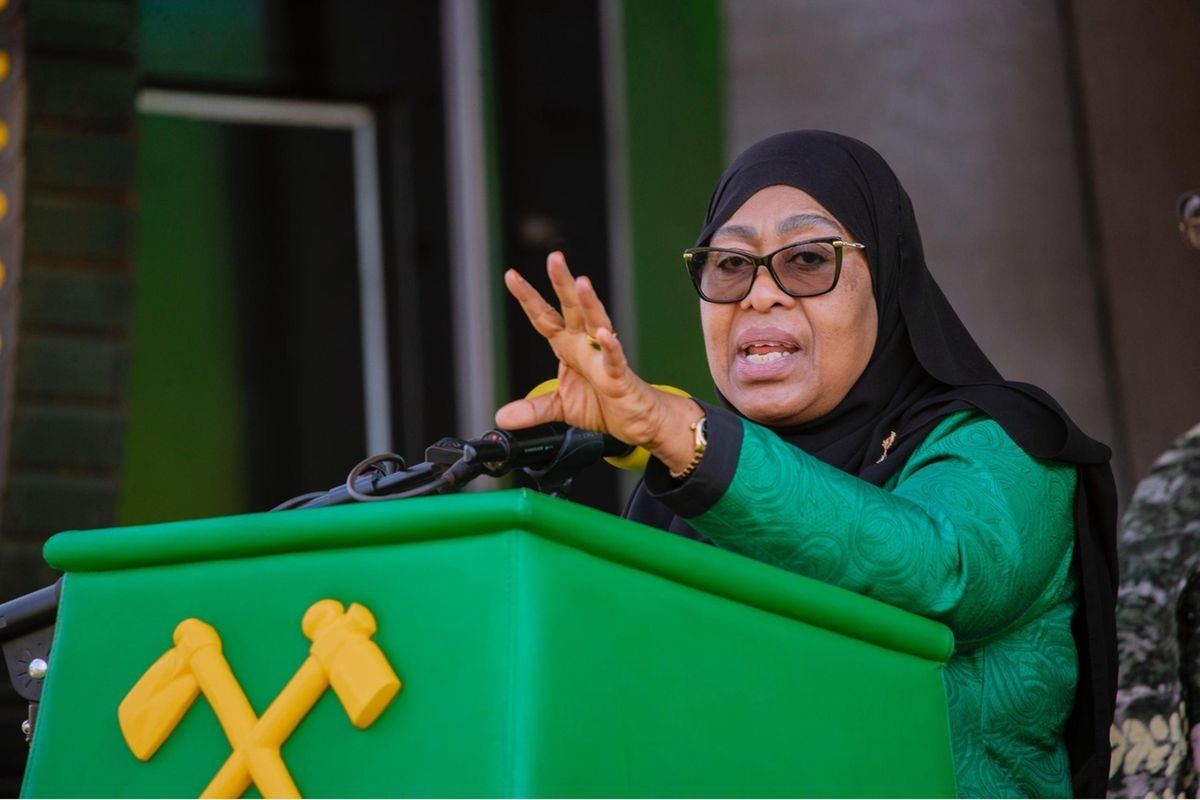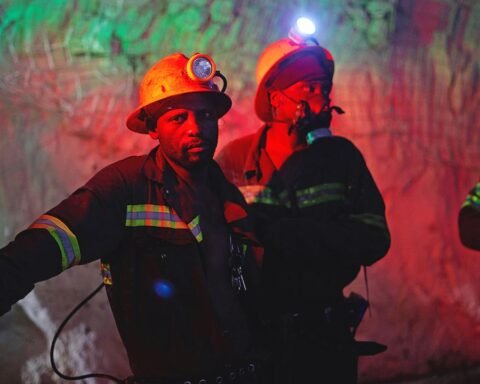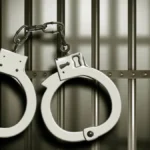The political temperature in Kigoma rose over the weekend when presidential candidate Samia Suluhu Hassan addressed supporters during a campaign stop that has since stirred widespread discussion.
Her response came after her parliamentary contender in Kigoma Mjini made remarks suggesting that she “had two children from the same constituency,” implying a clash of loyalty. With calm yet resolute words, Samia told the crowd: “All of them are my children.”
She explained that even when campaign posters in green and yellow appeared, reading “Mpe Mama, ubunge nipe mimi” — “Give to Mama, let me have the parliamentary seat” — her perspective remained unchanged. To her, every voter, regardless of their preferred candidate, belonged under her care as part of the larger family she seeks to serve.
The statement, while seemingly motherly and affectionate, carried deeper political undertones. Analysts say it was an attempt to neutralize tensions, presenting herself not as a divider but as a unifier.
Also Read; UN Assembly Backs Gaza Two-State Roadmap
In Kigoma, where politics has often leaned toward rivalry, her words sought to reposition the debate into one of inclusion and shared identity.
As Tanzania’s presidential election approaches on October 29, the narrative has become more than just about campaign slogans. For Samia, it is about defining leadership in a way that resonates with ordinary citizens — portraying herself as a leader who listens and embraces everyone, even those outside her direct circle of support.
What unfolded in Kigoma paints a broader picture of how narratives can shape political outcomes. In a region known for its complex voting patterns, the choice of words can determine not only public perception but also ballot results.
For the people in the crowd, her voice carried both comfort and strategy: reassurance that they belong, but also a gentle nudge toward solidarity as election day draws closer. Whether this appeal to unity will resonate beyond Kigoma remains a question for the nation — one that only the voters themselves can answer when the country heads to the polls.







